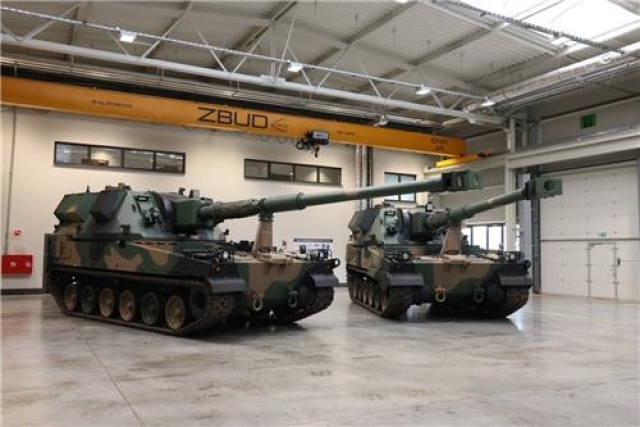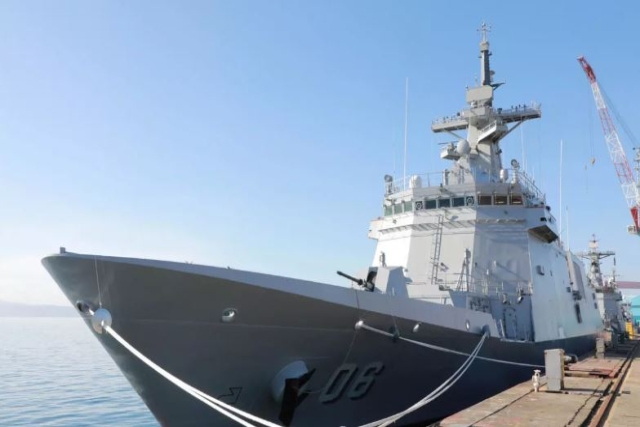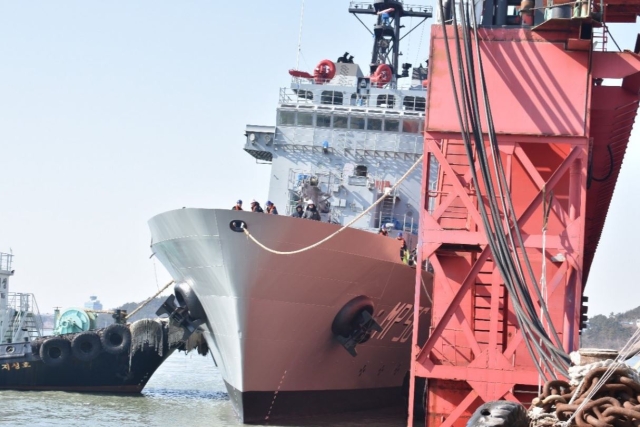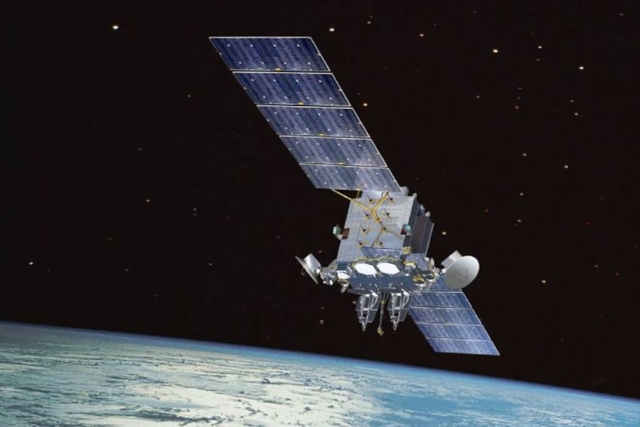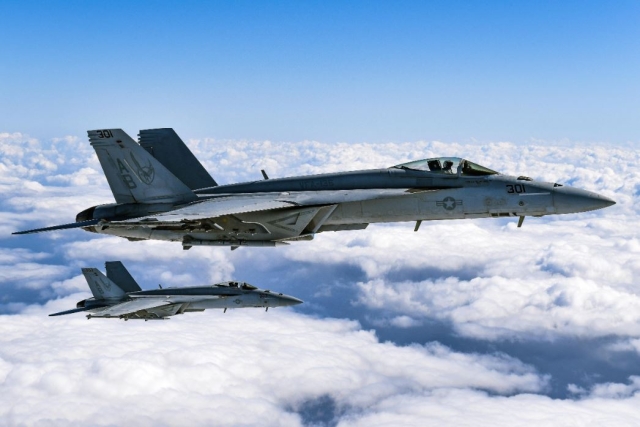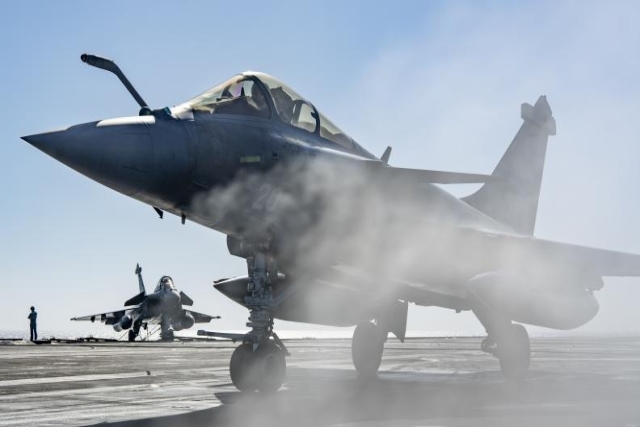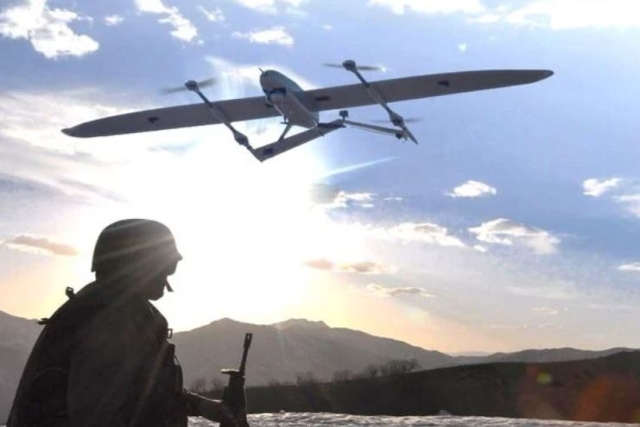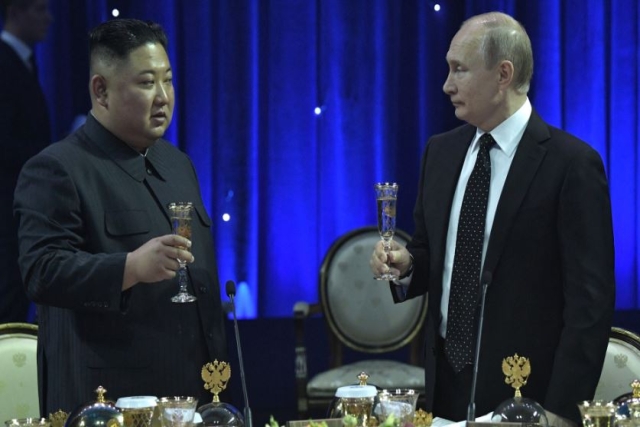South Korean Troops Fire Warning Shots as North Korean Soldiers Briefly Cross Border
The incident may have been unintentional, linked to reconnaissance before construction or maintenance work.
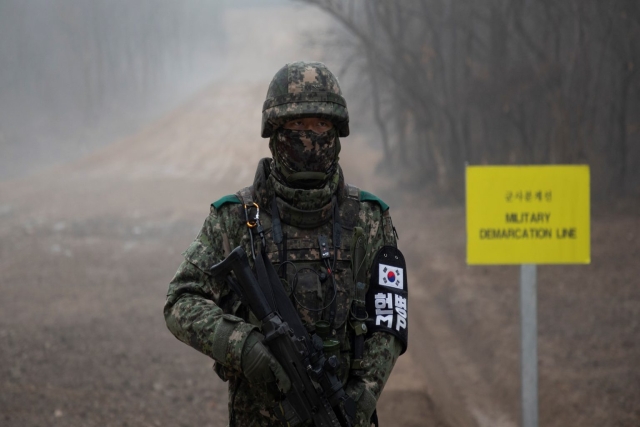
About ten armed North Korean soldiers briefly crossed the military demarcation line into South Korea on April 8, prompting warning shots and a broadcast alert from the South Korean military.
The incursion took place around 5:00 p.m. local time in the eastern section of the Demilitarized Zone (DMZ), a heavily fortified buffer area separating the two Koreas since the end of the Korean War in 1953. South Korea’s Joint Chiefs of Staff (JCS) said the soldiers were detected crossing the border and were immediately warned via loudspeaker and radio before warning shots were fired.
"Our military conducted warning broadcasts and warning shots after about 10 North Korean soldiers crossed the military demarcation line in the eastern area of the DMZ," JCS said in a statement. The North Korean troops reportedly returned to their side of the border shortly after the warnings.
South Korean military officials said the soldiers were armed but did not open fire. Yonhap, citing military sources, reported the incident may have been unintentional and related to reconnaissance ahead of construction or maintenance work in the area.
This is not the first such incident. In June 2024, at least three similar breaches were recorded as North Korea increased its activity near the DMZ. The areas involved are often densely wooded, with unclear markings of the military demarcation line.
Tensions between the two Koreas have steadily risen. In late 2024, North Korea announced plans to build a new defensive line along the border, block all road and rail links to the South, and fortify border areas. Pyongyang called the measures preventive, warning that another war could be catastrophic for both Koreas and their allies.
Since April 2024, South Korea has observed North Korea installing anti-tank barriers and reinforcing roads, aiming to boost border security and prevent defections. The rise in border incidents follows a broader decline in relations.
A thaw from 2016 to 2019 saw partial disarmament, but that has reversed, driven by North Korea’s missile tests and closer ties with Russia. In response, South Korea has increased joint drills with the U.S. and is expanding missile capabilities.
Pyongyang accuses Seoul and Washington of provoking instability. Kim Jong Un has rejected calls to resume nuclear talks, saying U.S. policies have become more hostile despite past diplomatic efforts, including outreach by President Donald Trump.
The DMZ remains one of the most militarized zones in the world. Stretching 248 kilometers and about 4 kilometers wide, the area is littered with an estimated two million landmines and guarded by soldiers, tank traps, and barbed wire fencing.
